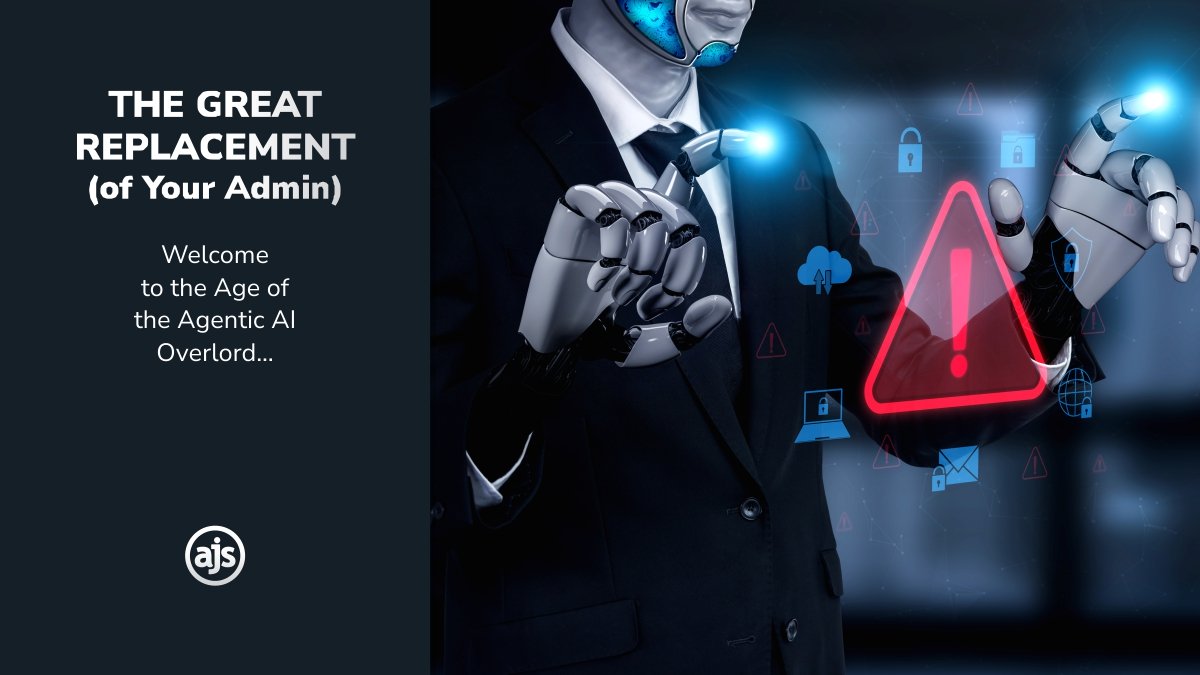
UNDERSTANDING TECH BUZZWORDS: Like Web3
WEB3
Do you remember when we started talking about the “world wide web” or rather the “web” (as those who had a finger on the pulse of what was cool called it)?
It was 1993 when the web became public. Which according to NPR “made it simple for anyone to navigate the internet. All users had to do was launch a new programme called a “browser,” type in a URL and hit return.
This began the internet’s transformation into the vibrant online canvas we use today. Anyone could build their own “website” with pictures, video, and sound. They could even send visitors to other sites using hyperlinked words or phrases underlined in blue. This became one of the web’s most game-changing features, putting different corners of our digital knowledgebase just a mouse click away”.
And we haven’t looked back. Almost all businesses – regardless of size – have a website. Most people navigate the web on a daily basis, making online purchases the norm. It’s become so mainstream, so crucial to our everyday lives that we don’t even think about the web anymore. Not really. All we know is that it’s there and we need to be on it.
Until now that is. There is a new buzzword floating around the ether which has raised our hackles demanding that we at least take notice.
Web3. Is this the future of the web?
As always, we believe it’s worthwhile becoming acquainted with topics that may appear – at least at face value – out of our realms of understanding. Why? Well, it’s so easy to get misled by all the buzzwords out there like Web3, that most of the time you are taking providers at their word. Not really knowing any better yourself. This may be ok with the providers you know and can trust but what about the new guys on the block that promise you the world? How can you tell the smooth operators from the “keep their promisers”?
One way is to become well acquainted with buzzwords so that you can pick out the take-a-chance “sharks” from the noble (and trusted) workhorses.
And we thought we would help you out with understanding a few of those buzzwords yourself. So that you can decide what is best for you.
Take this week’s topic, Web3, as an example…
What is Web3?
Understanding what Web3 amounts to involves a little history lesson that starts with Blockchain.
Blockchain as some of us already know (and as we set out in our article The Tech Series – Smart Contracts & Blockchain) is a whole network of distributed database technologies that are shared digitally, making it, essentially, a ledger or a record of transactions that cannot be changed, deleted, or destroyed.
And for legal departments that are struggling under the burden of excessive paperwork and records, the integration of blockchain technology to store information in a transparent and precise fixed ledger, rather than a centralised database, is a game changer.
Following on from the above, comes the next level of what blockchain technology can be used for. According to the Harvard Business Review –
“Blockchain is now being deployed to new ends: for instance, to create “digital deed” ownership records of unique digital objects — or nonfungible tokens. NFTs have exploded in 2022, conjuring a $41 billion market seemingly out of thin air. Beeple, for example, caused a sensation last year when an NFT of his artwork sold for $69 million at Christie’s. Even more esoteric cousins, such as DAOs, or “decentralised autonomous organisations,” operate like headless corporations: They raise and spend money, but all decisions are voted on by members and executed by encoded rules. One DAO recently raised $47 million in an attempt to buy a rare copy of the U.S. Constitution. Advocates of DeFi (or “decentralised finance,” which aims to remake the global financial system) are lobbying Congress and pitching a future without banks.
The totality of these efforts is called “Web3.” The moniker is a convenient shorthand for the project of rewiring how the web works, using blockchain to change how information is stored, shared, and owned. In theory, a blockchain-based web could shatter the monopolies on who controls information, who makes money, and even how networks and corporations work. Advocates argue that Web3 will create new economies, new classes of products, and new services online; that it will return democracy to the web; and that is going to define the next era of the internet. Like the Marvel villain Thanos, Web3 is inevitable”.
It’s important to note the Web3 is still however being developed. In fact, and according to TechTarget there isn’t even a universally accepted definition. The proper spelling of Web3 hasn’t even been nailed down yet.
But one thing that academics believe is certain is that Web3 is the next evolution of the “world wide web”.
Or is it?
How does Web3 work?
Understanding how Web3 works takes a little understanding of blockchain and a little understanding of cryptocurrency. But to save us from definition after definition, we turn to the Harvard Business Review which sets out a succinct description of how Web3 works –
“Put very simply, Web3 is an extension of cryptocurrency, using blockchain in new ways to new ends. A blockchain can store the number of tokens in a wallet, the terms of a self-executing contract, or the code for a decentralised app (dApp).
Web3 and cryptocurrencies run on what are called “permissionless” blockchains, which have no centralised control and don’t require users to trust — or even know anything about — other users to do business with them. This is mostly what people are talking about when they say blockchain. ’Web3 is the internet owned by the builders and users, orchestrated with tokens’.”
In theory, Web3 provides what appears (at least initially) like a more “democratic” way of creating and establishing information. And the intention here is to give users more control over the web and how their personal data is used – which under the EU’s General Data Protection Regulation (GDPR) and South Africa’s Protection of Personal Information Act 4 of 2013 (POPIA) is something that should be taken seriously.
What are the potential benefits and downsides of Web3?
With Web3 technology still in development phase, the potential benefits are at this stage speculative. Nevertheless, TechTarget sets out the following potential benefits for Web3 –
- “Control and privacy – users will grab back control of their online identity and data from central providers.
- Transparency – Web 3.0 will enable better visibility into transactions and decisions.
- Resilience – applications delivered on decentralised networks are less vulnerable to single points of failure.
- Predictive intelligence and personalisation – AI- and ML-enabled prediction and personalisation will make the web more responsive to users.
- Decentralised finance – this will provide the ability to conduct transactions, including buying and selling products and services, as well as securing loans, without needing approval from intermediaries”.
Sure, Web3 sounds interesting, but is it something we should take seriously? For one, having a lack of a central authority does away with the necessity to have online transactions regulated. And that is a major concern for major role-players worldwide – who will ensure that online commerce and other web activities remain safe for users?
TechTarget sets out other potential pitfalls as follows –
- “Complexity – decentralised networks and smart contracts pose significant learning curves and management challenges for IT, not to mention everyday web users.
- Security – the complexity of these foundational technologies makes Web 3.0 security a real challenge. Smart contracts have been hacked, and security incidents on blockchains and cryptocurrency exchanges make national news.
- Technical requirements – blockchains and dApps are often resource intensive and require expensive hardware upgrades, in addition to the environmental and monetary costs of their energy use”.
It’s also worthwhile noting that “sceptics argue that the reality is a far cry from the promise, and that Web3 is rife with theft, privacy issues, and the immutable lure of power – and by extension, centralisation” (Luminary).
With some publications, Luminary to be specific, stating that a “buzzword that isn’t worth getting too excited about at this point is Web3. Also known as Web 3.0, Web3 has been touted as a ‘new iteration’ of the internet. But whether it actually is a whole new frontier remains to be seen”.
For law firms on the lookout for the next big thing in tech, Web3 is probably something to keep an eye on but isn’t something that should remain actively on your radar. Right now.
When shopping around for your latest legal tech investment, don’t get hoodwinked by the overuse of technical buzzwords or empty promises of providing you the world – “Sure, we can help you with Web3 applicability” – because once you understand what the word means, you will know whether they are a smart investment or not.
(Sources used and to whom we owe thanks: Harvard Business Review, TechTarget, Luminary and NPR).
If you have any queries relating to legal tech and how you can incorporate it into your practice, get-in-touch and let’s see how we can take your software solution from good to phenomenal.
If you don’t have any software supporting your legal practice yet, it’s not a problem. We are here to help you from scratch too.
AJS – as always – has your back!
– Written by Alicia Koch on behalf of AJS





Leave a Reply